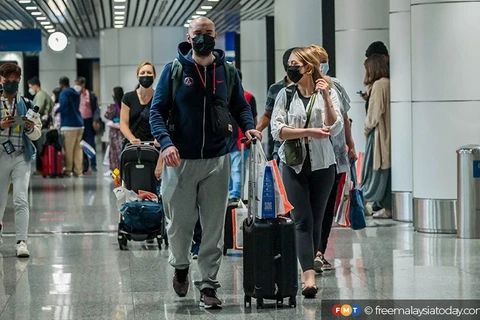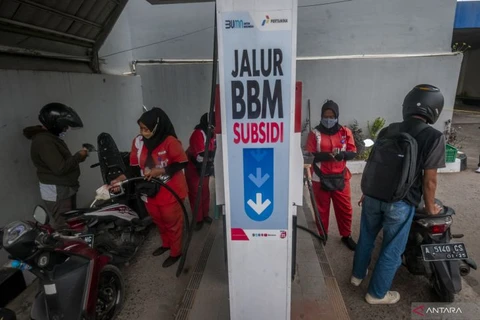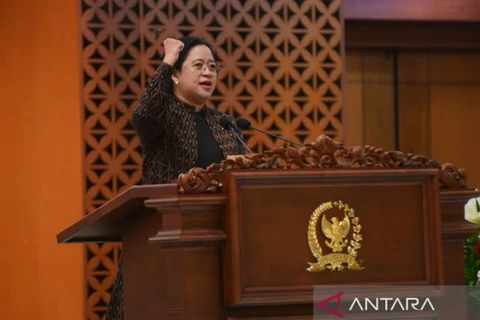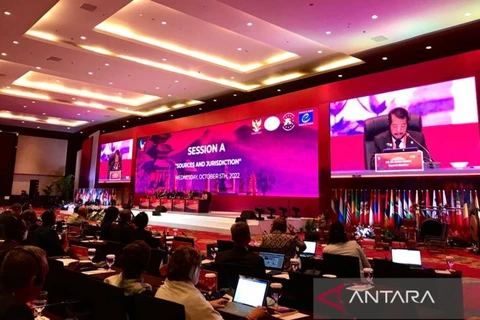Jakarta (VNA) – The Indonesian government has considered realising its plan to impose an excise tax on all packaged sweetened beverages.
At a recent hearing, the Finance Ministry and the House of Representatives' Budget Committee of Indonesia agreed to include sugary packaged drinks on the list of goods subject to special income tax in the draft state budget for 2023.
Indonesian Minister of Finance Sri Mulyani stressed that sweetened beverages and plastic products bring a lot of negative impacts to public health and the environment.
Implementing the excise would largely depend on the pace of recovery next year, he said.
The Finance Ministry estimates that the sweetened beverage excise will rake in roughly 6.25 trillion rupiah in annual revenue.
The Indonesian government’s decision to speed up the tax plan is attributable to the country’s growing diabetes prevalence, which has heavily burdened the state budget.
In 2019, BPJS Kesehatan spent 108 trillion rupiah on diabetes treatments, a 29% increase compared to 84 trillion rupiah spent in 2017./.
At a recent hearing, the Finance Ministry and the House of Representatives' Budget Committee of Indonesia agreed to include sugary packaged drinks on the list of goods subject to special income tax in the draft state budget for 2023.
Indonesian Minister of Finance Sri Mulyani stressed that sweetened beverages and plastic products bring a lot of negative impacts to public health and the environment.
Implementing the excise would largely depend on the pace of recovery next year, he said.
The Finance Ministry estimates that the sweetened beverage excise will rake in roughly 6.25 trillion rupiah in annual revenue.
The Indonesian government’s decision to speed up the tax plan is attributable to the country’s growing diabetes prevalence, which has heavily burdened the state budget.
In 2019, BPJS Kesehatan spent 108 trillion rupiah on diabetes treatments, a 29% increase compared to 84 trillion rupiah spent in 2017./.
VNA

























